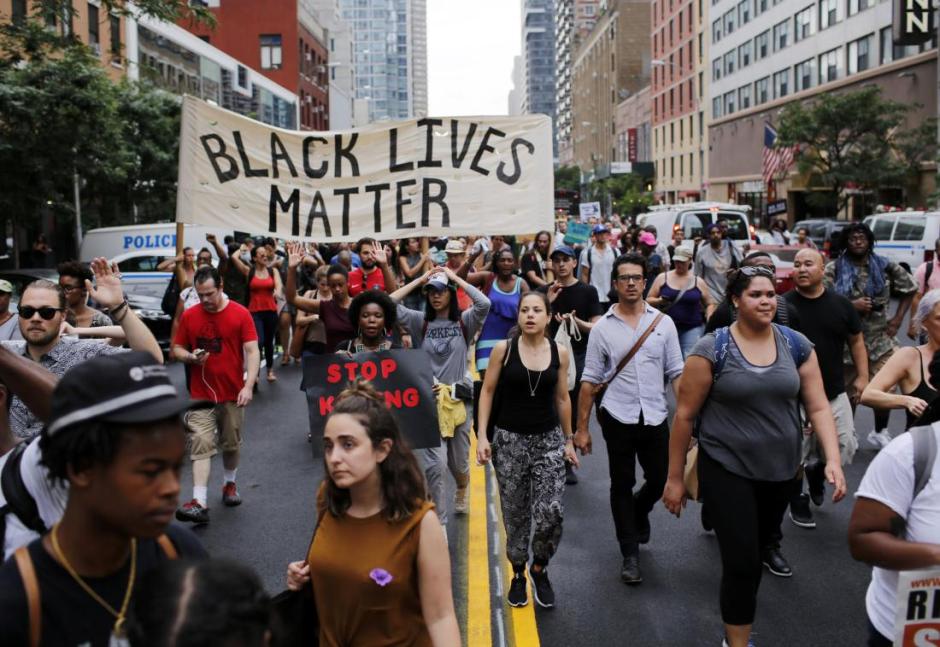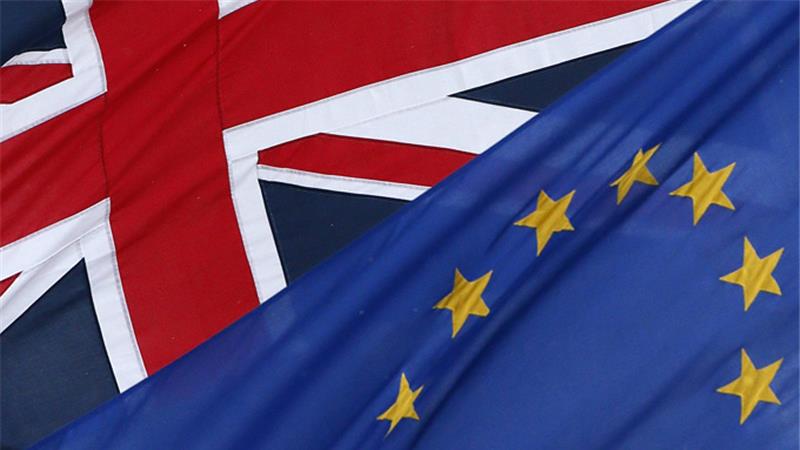As an American, I have experienced a plethora of emotions since Election Day. As a Democrat, I have felt disappointed. As a woman and a feminist, I have felt disrespected. As a believer in equal rights for LGBTQA individuals, I have felt disheartened. As an advocate for racial equality, I have felt insulted. As a descendent of immigrants, like most Americans, I have felt anger. As a passionate environmentalist, I have undeniably felt distraught. As a future healthcare professional, who believes that healthcare is not a privilege, I have felt severe anxiety.
After all of those negative emotions I now feel a sense of purpose—a sense that now more than ever I will need to keep being an advocate for equal rights, I will need to keep being an advocate for the environment. All of this, for the next four years in particular.
Last weekend, my boss and I canvassed for Hillary in a conservative part of town. We only knocked on the doors of registered Democrats, but we still encountered hatred from a Trump supporter that I will never forget. I was walking down the street with my clipboard in hand, and a Hillary sticker on my shirt when a red pickup truck pulled up next to me. The man shouted through his window “We are for Trump in this neighbourhood”. I kept walking and didn’t make eye contact as I did not want to encourage his antagonising – a skill I have learned as a result of being a female in a misogynistic culture. He then drove towards my boss, an African American woman, and proceeded to be much harsher in addressing her, threatening to call the police on us and yelling at her to “get out.” I would like to believe that a lot of Trump supporters would not act in this way, but we cannot deny that his rhetoric has made this behavior seem more acceptable. I am certain that, although I wasn’t treated kindly, I was treated better because of my skin color, and I hope that this incident is not indicative of the culture during a Trump presidency.
This election was a wakeup call. It has highlighted the sharp divide within our country that has the potential to separate us completely if we are not careful. I am ashamed that my own party’s leadership sabotaged Bernie Sanders, a candidate loved by the masses and instead nominated a candidate that is seen as untrustworthy by people of all political affiliations. However, it is not productive to place blame. Instead, we must learn from our mistakes and improve our political system so that the majority of Americans never feel as underrepresented as they do right now. We need to have more comprehensive involvement in our elections, especially local and midterm elections, as that is where change, if any, can occur.
Lastly, we need to have more open discussions between individuals, preferably not in a Facebook comments section. I am so tired of high tension arguments between those with opposing viewpoints, as this does not represent a productive method of political discourse.
It is normal for the “losing” party to require time to mourn its election loss, so now is the time to heal and regroup. Nevertheless, it is imperative for all Americans to remain cognisant of what is happening, both in the world and in our own nation in the upcoming years. Now, more than ever, we must expose and fight injustice on microscopic and macroscopic levels. As Dr. Martin Luther King, Jr. said, “injustice anywhere is a threat to justice everywhere.”
Looking forward, we need to continue being industrious, optimistic, and resilient. Americans, at the end of the day, are united in our love of freedom, even though that term’s meaning varies amongst us. That is the beauty of America—we are a wondrous compilation of cultures, religions, languages, ethnicities, beliefs, etc. In the next four years let us cherish our differences and empower each other. We are stronger than we think.
– Emma Griffith
P.S. Climate change is real.
“We will never have a perfect world, but it’s not romantic or naive to work toward a better one.” – Quote on a Chipotle bag



